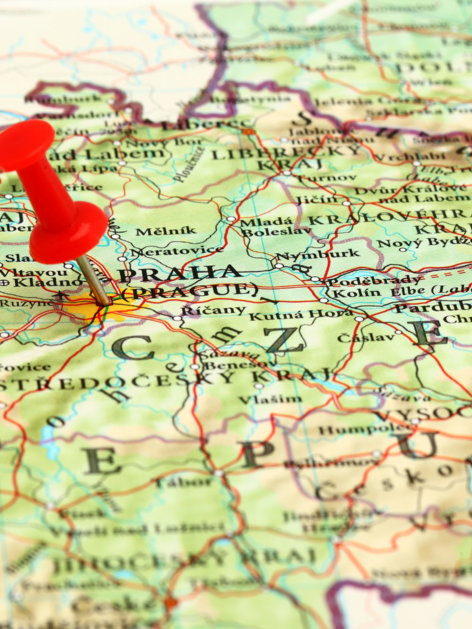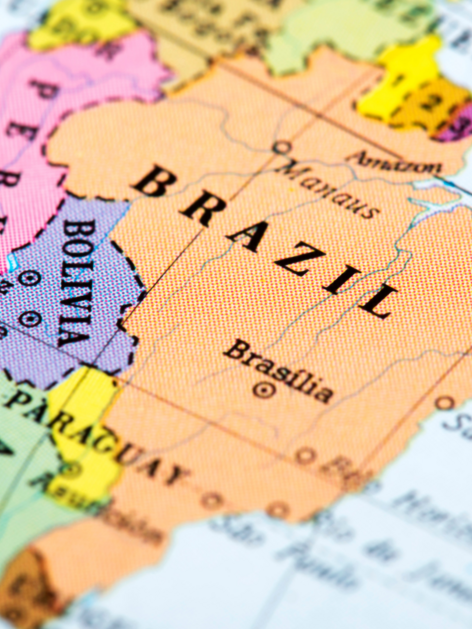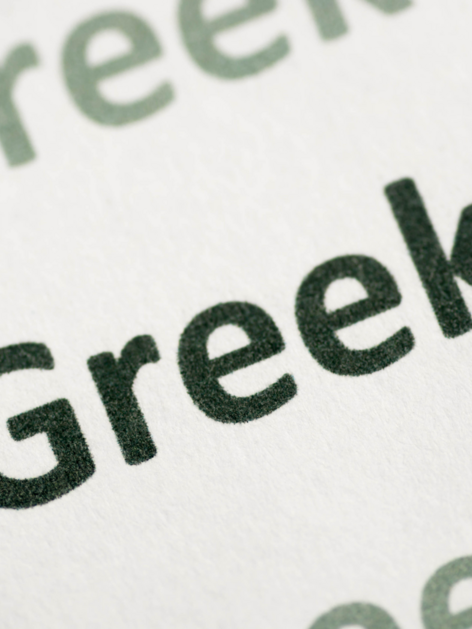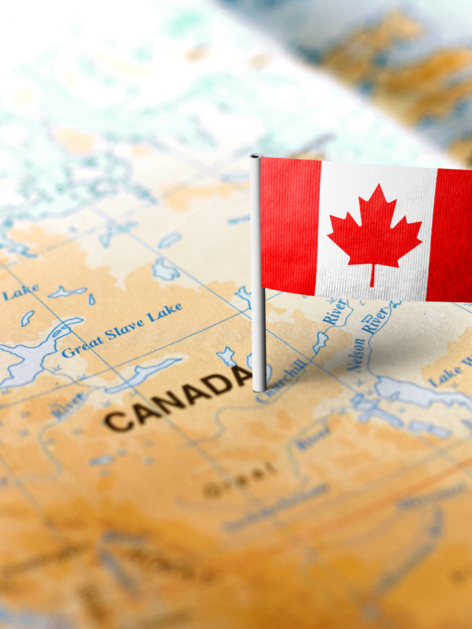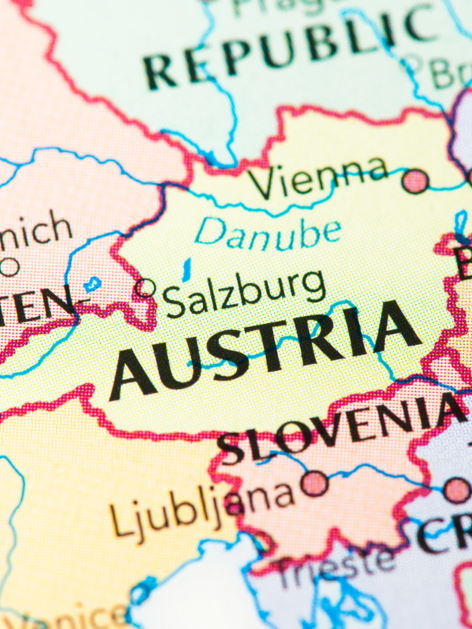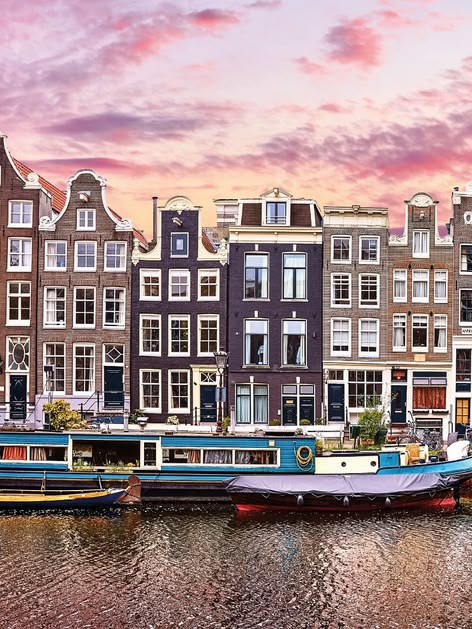What language is spoken in the Netherlands? Official and spoken in the Netherlands
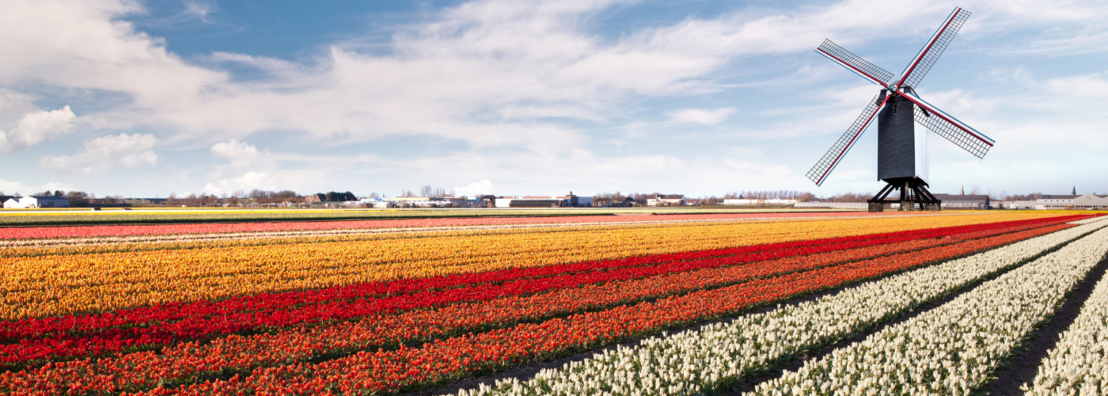
Online
Language courses
Learn foreign languages effectively and in the comfort of your own home with real teachers!
Get a 5% loyalty discount on your next language study trip!
What is the official language in the Netherlands?
The official language in the Netherlands is Dutch, or Netherlandish, which is also spoken in the Flanders region and the Brussels-Capital region in neighbouring Belgium. It is a language with Germanic origins, which is currently also used in other parts of the world such as former colonies or islands still belonging to the country, such as Suriname, Aruba, Saba, Bonaire, Sint Maarten, Sint Eustatius, Curaçao, Indonesia, as well as in parts of France and Germany, with a total of around 25 million speakers. The first documents in the Dutch language appeared at the end of the 12th century, although some terms and names date back some time earlier.
Dutch is therefore the language spoken in the Netherlands by most people, more than 16 million according to a statistic dating back to 2017. But the term 'Dutch' also indicates a variety of the language, spoken mainly in the northern part of the Netherlands, while in the south, the so-called Flemish dialect is generally spoken. Dutch-speaking dialects are numerous, such as Limburgish and Zeelandic, which are contrasted with Standard Dutch. The latter is considered the pure form of the language and is mainly used in the Netherlands, as opposed to Belgium where other varieties are preferred. It should also be noted that the dialects of the Amsterdam, Rotterdam, and The Hague regions are closer to the standard dialect than those of other areas.
The characteristics of the Dutch language
Dutch is, as we have seen above, the official language of the Netherlands. It is a Germanic language, thus created by the Germanic peoples who lived in northern Europe, and thus belongs to the Indo-European language family. The language of the Netherlands is similar to the Scandinavian languages, particularly Swedish, Danish and Norwegian, and to the Afrikaans of South Africa. In addition, this language has similarities with other better known and spoken languages, such as English, German, and even French; therefore, learning Dutch is easier for those who already speak these languages.
The alphabet used is Latin, like almost all other Germanic languages. As in Italian, nouns in Dutch are sometimes indicated with capital letters, but this is not a rule as it is the case with German. In addition, consonants at the end of words are not pronounced and cases have disappeared. As far as articles are concerned, the determinative article is 'de' in both the masculine and feminine singular and plural. The article 'het', on the other hand, is used for the singular of nouns of the neuter gender. The indeterminative article, which only exists in the singular form, is 'een'. Finally, verbs in the Dutch language can be strong, weak, and irregular.
The pronunciation of Dutch words can be a bit tricky at first, but once you learn the rules, it will gradually become easier and more intuitive. For example, you need to know that 'c' is read 's' in front of the vowels 'e' and 'i', and that 's' is like our hard s while 'z' is like our soft s. In addition, 'sg' reads like 'j' in French, 'h' is aspirated, and 'j' reads 'i'.
What language is spoken in the Netherlands?
But what language is spoken in the Netherlands besides the national language? As we have already seen, the Dutch language is divided into several dialects spoken in different areas of the country, such as Limburgish in the province of Limburg, Brabant in the province of North Brabant, and the Dutch dialect of North and South Holland. But immigration and tourism have brought other languages, spoken by the population in larger or smaller percentages.
First of all, the English language. One of the most widely spoken languages in various parts of the country is English, especially in the big cities and the more touristy areas. Studies show that around 90% of the population of the Netherlands knows English, which, however, is not the only foreign language spoken by the Dutch. A large part of them, in fact, can speak a third language: German first, then French, and finally Spanish, although with a much lower percentage than the other two.
Then there are Turkish and Arabic from Morocco, which arrived through immigration, but above all Frisian. The Frisian language, also of Germanic origin, is spoken in West Frisia and resembles English in certain terms and phonetic characteristics. Finally, another noteworthy language in the Netherlands is Papiamento, a Creole language based on some variants of Portuguese.
Useful phrases in Dutch language:
| Hello = Hoi / Hallo |
| Good morning = Goedemorgen |
| Good afternoon = Goedemiddag |
| Good evening = Goedenavond |
| Goodnight = Goedenacht |
| Goodbye = Tot ziens / Dag / Doei |
| See you later = Tot later |
| Please = Alsjeblieft (informal) / Alstublieft (formal) |
| Thank you = Dank je / Bedankt |
| Please = Graag gedaan |
| Yes = Ja |
| No = Nee |
| Maybe = Misschien |
| What's your name = Hoe heet je? |
| My name _ = Mijn naam is _ |
| Do you speak Italian? = Spreekt u Italiaans? |
| Do you speak English? Spreek je Engels? |
| Do you speak Dutch? = Spreek je Nederlands? |
| I don't speak Dutch = Ik spreek geen Nederlands |
| I don't speak Dutch very well = Ik spreek niet zo goed Nederlands |
| I don't understand = Ik begrijp het niet |
| Could you please repeat? = Zou u dat alstublieft kunnen herhalen? |
| How much does it cost? = Hoeveel kost het? |
| Where is the toilet? = Pardon, waar is het toilet? |
| Women = Dames |
| Men = Heren |
| Free = Vrij |
| Occupied = Bezet |
| Private = Privé |
Studying languages in the Netherlands
If your intention is to take a trip to the Netherlands, you can refer to the previous paragraph and learn some useful expressions and terms to communicate with the locals. Alternatively, we suggest that you study the Dutch language if you want to stay for an extended period, so that you can find work more easily and to understand and participate in conversations with the locals. The most effective way to learn (or to improve) a foreign language is to fully immerse yourself in the culture and everyday life of the place where you speak, to understand accents and inflections, to better understand idioms, and in general to study terms and expressions directly from native speakers.
We at Sprachcaffe also organize study trips to enable you and all other interested users to learn a new language. You can take a look at our digital catalogue and discover all our proposals, from basic to advanced courses, from schools to online lessons, as well as information on accommodation, transport and everything else you might need to get going. If you want to travel to the Netherlands, we recommend learning English in addition to Dutch. The English language is used throughout most of the country and allows you to communicate with locals as well as other students or tourists, but it also gives you an extra edge in case you want to look for a job.

